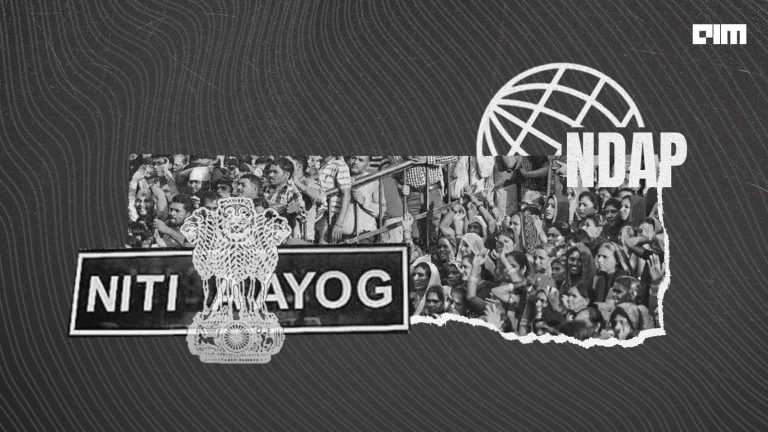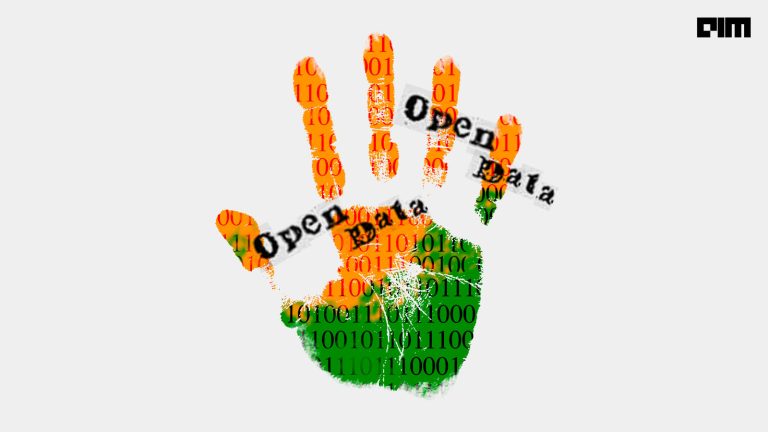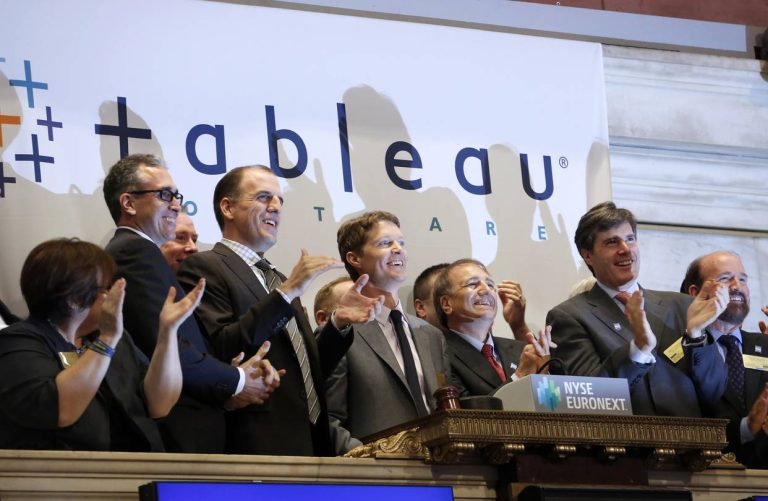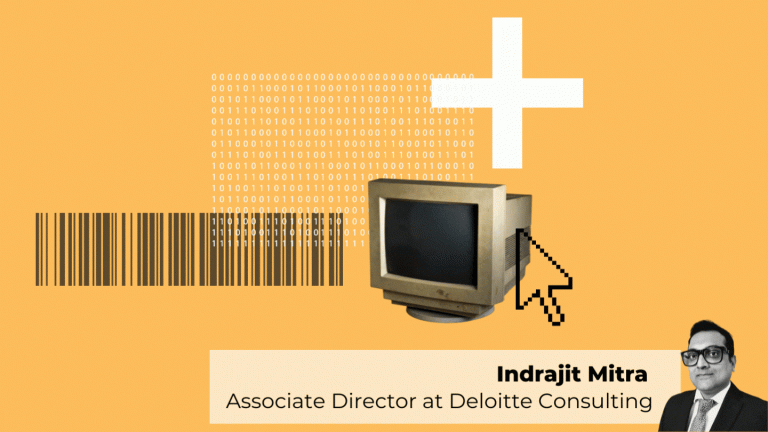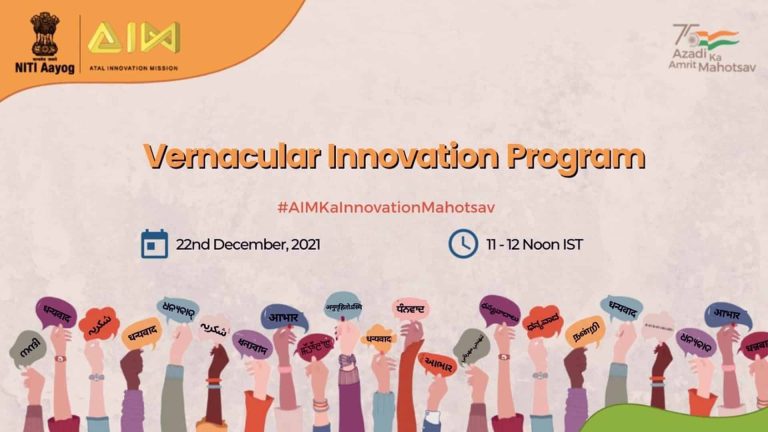Angoss, a data science platform that aims to democratise analytics, has been in the business for almost three decades now. Aided by their keystone product KnowledgeSTUDIO, the Canada-based company has been consistently recognised as a market leader in data science by the likes of Gartner and Forrester.
This year, Angoss was acquired by Datawatch, a noted self-service data preparation company. This acquisition has created an exciting set of new opportunities for Angoss and now the company is prepared to deliver a full spectrum of capabilities associated with data preparation, advanced analytics, big data, model deployment, customised solutions and data science services.
We had a chat with their APAC business development manager Sithara N Thayillath about her drive in the analytics field, noteworthy worky by Angoss, the shift after Datawatch and other topics.
Analytics India Magazine: How did you start your career in analytics? How has the journey been so far?
Sithara N Thayillath: My journey from an analytics consumer to an analytics service provider has been eventful. With a background in data-driven industries like Telecom and Retail, I made the shift to Angoss, a Canada-based predictive analytics software and services company. In my current APAC-based role I serve clients from different regional markets that are in different stages of analytics readiness, adoption and capabilities. Each of these markets poses their own unique challenges and need tailored approaches. Most analytics projects require regular collaboration with both business users and data scientists. The output of these models is used to make critical decisions that substantially impact people’s lives and businesses. I have really enjoyed seeing these projects succeed and my experience has been very fulfilling.
AIM: Can you share some of the business intelligence or analytics-based solutions or projects that you have worked on and you found inspiring?
SNT: We are collaborating with a Fortune 500 pharmaceutical company in one of the biggest markets in Asia. The project is to build a business a strategy based on advanced analytics to describe where and how to distribute trade spend (advertising, marketing, promotions and other incentives). Using Angoss’ software, we developed models to predict patterns between sales and trade spend data across varied geographies, seasons, product placements and salespeople. These models were then used to make decisions on where to allocate trade spend dollars to maximise profit, without increasing trade spend budgets. This project has been an eloquent demonstration of how analytics can bring evidence-based decision-making to a sales strategy, bring value to the business and increase the return on investment.
AIM: Can you share with us some specific use cases in data intelligence that brought significant value to Angoss?
SNT: We worked with the consumer credit group of one of Canada’s largest and most recognised banks. The bank wanted to streamline their credit strategy processes. Unfortunately, their existing modelling process required specialised technical expertise from quantitative analysts and coordination between credit analysts and data scientists. As such expertise was in high-demand, to increase the productivity of the business unit less technical users needed the ability to replicate the modelling exercises themselves.
With Angoss’ easy-to-use analytics software, the bank’s less technical credit strategy team quickly learned and developed the same modelling capabilities as advanced analysts. This capability reduced the burden on advanced data scientists, increased collaboration among the team members and made them self-sufficient and more productive. The team reduced the model building time by 50 percent.
AIM: Do you think India has embraced analytics and business intelligence to its full potential?
There is definitely more potential to integrate analytics and data-based decision-making into daily business operations. Building an analytics team and using data at a strategic level is fine. But decision-making happens at so many levels, including customer-facing representatives. Today, data may not be that hard to find but the culture to look for information and patterns for decision-making is something that most industries still must develop further. There is always room for improvement — including in traditionally data-focused industries. Such data-focused industries now often focus on reducing the time to build and deploy models.
In addition, in India, there are large differences in how multinationals and medium-sized businesses approach analytics. Consequently, this means that a majority of the organisations in India are still far behind when it comes to adoption of analytics and evidence-based decisions. Fortunately, in India, there is a high availability of talent, great startups and no shortage of ambition. These factors are quickly working to close this analytics gap.
AIM: How do you think India can adopt analytics and data intelligence in governance and policies?
SNT: The Government of India has launched several new promising initiatives like the National Data and Analytics Platform through NITI Aayog. India is headed in the right direction with their recent push towards digitisation and projects like Smart City.
Governments possess huge repositories of data that they could use to benefit their citizens. For example, the data coming from income tax, welfare scheme disbursements, education and child welfare, public transport, healthcare and fraud detection are tremendous opportunities for evidence-based decision-making. However, in a country as diverse as India bringing standardisation to data collection and architecture across states and departments is a critical starting point. A well-thought-out proof of concept projects that demonstrate the benefits of data analytics would contribute to a wider adoption of analytics in both governance and policy. Lessons learned with each use case will help the rollout of the program to other agencies and departments.
For example, a government healthcare agency in Canada used Angoss Software to build models that represent patient outcomes and treatment costs across facilities with varying treatment and/or research specialities, geographies, patient demographic data. Through this project, the agency gained actionable insights into the funding requirements to ensure optimal patient health while reducing per patient treatment costs.
AIM: What are your thoughts on the current state laws regarding data privacy in India?
SNT: With the implementation of GDPR in Europe and enhanced regulations in countries like Japan and Singapore, we are moving towards much more stringent regulations regarding privacy in the context of this digital age. India has a lot of catching up to do in this regard.
India lacks comprehensive and specific legislation to deal with privacy and data protection, and existing laws are a set of loosely defined codes and awareness of such codes is minimal.
As an Outsourcing and IT hub, it is already critical for all organisations in India to be compliant with global standards of data protection. With the recent proceedings in Supreme court of India, privacy is being seen more and more as a fundamental right.
AIM: What are the most significant challenges that you face?
SNT: The biggest challenges we face are around encouraging enterprise-wide adoption of analytics. Such challenges are multifaceted. Often there is a lot of interest in analytics but to implement the projects in a truly enterprise-wide scale, three things must occur:
- Executive team support
- Championing for the project
- User adoption
Lack of one of these requirements negatively affects the success of an analytical project and subsequent expansion of these technologies to other departments. In other words, the analytics is easy – managing the human component is the tricky bit.
AIM: How do you think data science and analytics as an industry is evolving? Could you tell us the most important contemporary trends that you see emerging in the across the globe?
SNT: There is a lot of interest in moving away from traditional and legacy systems and to try newer, open source options. Open source environments are becoming increasingly common with sophisticated machine learning and other next-generation analytics. As products are starting to specialise in their core strength, integration among tools are bringing a cohesive and easy ecosystem for end users.
Organisations are also increasingly setting up centres of excellence that cater to their entire organisational needs in analytics and innovation. I also see greater consumer awareness in the value of their own data and how organisation are using it to deliver profit-generating services. Consequently, I expect to see more traction for data Governance products, automated solutions and analytics-as-a-service (AaaS) companies that balance data requirements with the growing need for consumer privacy.





